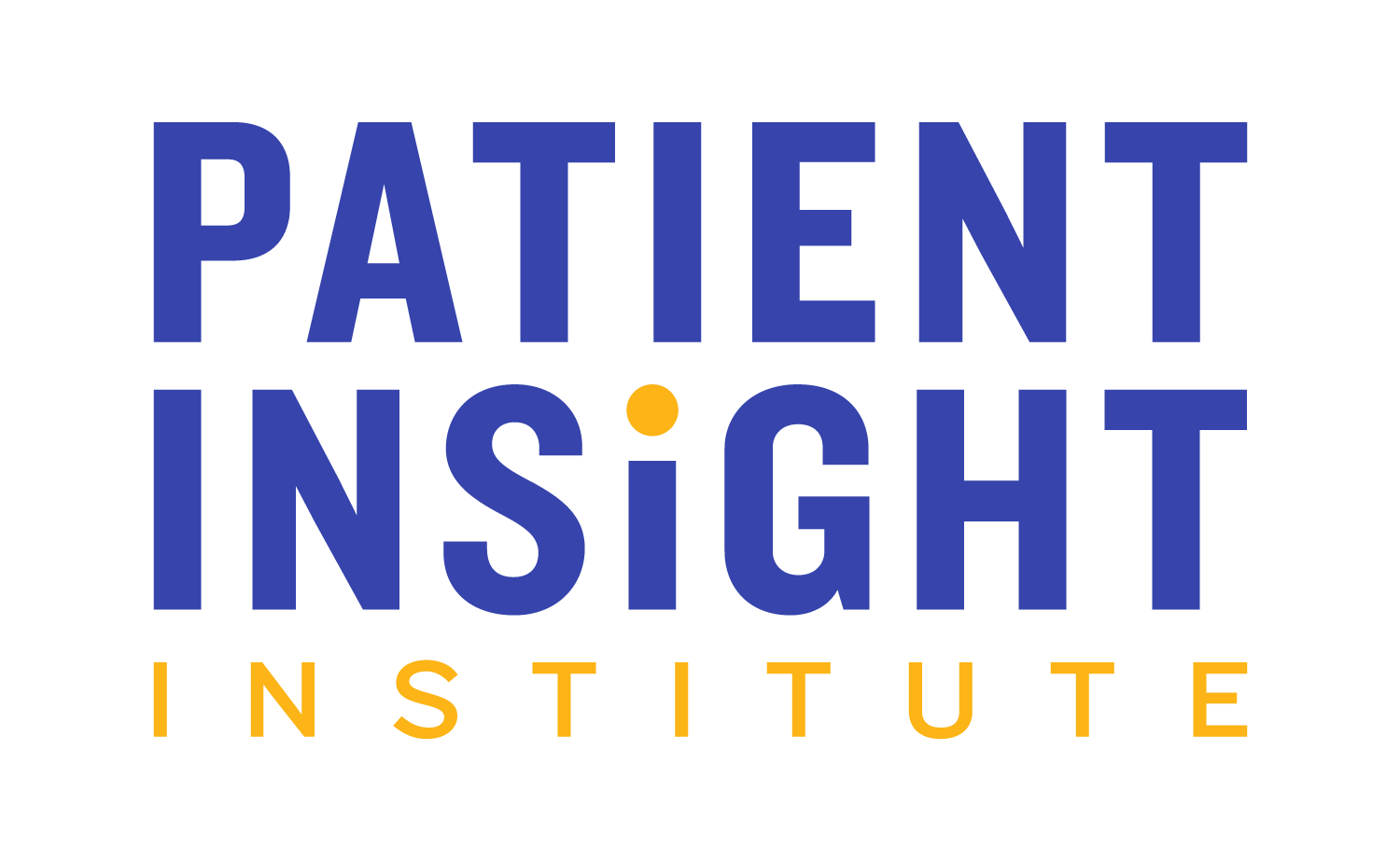Beyond Survival: Addressing Health Equity and Access for Adolescents and Young Adults in Cancer Care
Rhea Khurana
Research Associate — Columbia University Irving Medical Center
2024 Early Career Investigator Spotlight
October 1, 2024
Health equity and access are more than just buzzwords; quality of life must improve in unison with scientific advancement's fast pace. This is particularly important in cancer research. Advances in cancer medicine have led to a growing population in long-term survivors. Eighty percent of adolescents and young adults (AYA= 15-39 years old) with cancer are currently expected to become long-term survivors, however they experience poorer health and financial outcomes compared to their peers without a history of cancer.
Think back to the first doctor’s visit you scheduled by yourself. For me, this included an abundance of questions about where to find care, whether I would like the provider, or how much it would cost based on my insurance coverage. AYAs are in the same position where they just entered the workforce and are beginning to navigate our complex healthcare system. Now imagine these challenges compounded by a diagnosis of cancer and intense treatment. Nobody should have to go through this alone; this stresses the importance of having an advocate in your corner and, more globally, the work that PAF does to support people facing life limiting illness.
As an AYA and someone who has witnessed how cancer impacts a family, I am invested in initiatives that strive to reduce inequities to improve overall healthcare and cancer care delivery. In my current role, I work on research studies led by Dr. Melissa Beauchemin at the Columbia University Medical Center and School of Nursing. These studies aim to address disparities in financial and health-related social needs (HRSN) during cancer treatment for AYAs. We focus on how to reduce financial toxicity, the negative personal impact of health-related costs, through our needs navigation intervention. Our study is in partnership with PAF; PAF provides case management services to patients who need assistance related to medical bills, finances, housing, food, or utilities. Everybody’s experience is different; therefore, a tailored, flexible intervention is essential to having the greatest impact. We have just completed enrollment for our pilot study and are now preparing to increase our reach through larger trials.
The dedicated journey to achieve and sustain equitable access in cancer care is an urgent necessity. Every AYA deserves the chance to thrive, not just survive, after a cancer diagnosis. As a young investigator, I am continuously learning from partnerships with community organizations, such as PAF, and am consistently reminded that behind every statistic is a person facing real challenges. Together, through advocacy, research, and compassionate support, we can empower AYAs with resources and support to reduce barriers to care and achieve the best possible health outcome for an individual.


